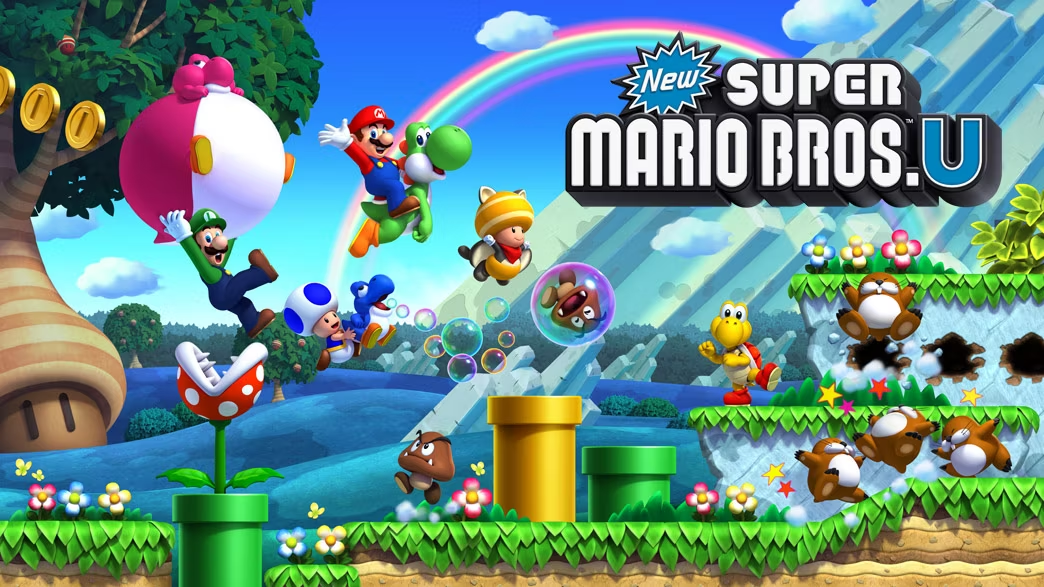Nintendo claims ad revenue on user-generated content
Nintendo has begun claiming advertising revenue for user-generated content posted on YouTube featuring characters such as Super Mario and Donkey Kong after filing a copyright claim on unauthorised videos featuring its brands.

The Japanese business is issuing ”content ID claims” on videos featuring its owned-content such as images or audio of a certain length.
It means the company can now block certain videos and that advertising revenues from users’ posts featuring its brands will be redirected to the company instead of the channel owners. YouTube allows certain users with a large enough following to earn revenues from ads displayed around their videos.
The decision follows a deal struck between the gaming business and YouTube in February with Nintendo seeking greater control over how its brands are used online.
Up until now, it had been unclear whether the company would proceed with the move however reports from its online fans yesterday (17 May) confirmed it has begun imposing the measures. Fans have taken to social media to voice their concerns about the move and believe it will alienate the video games publisher’s most active brand advocates.
One fan posted on Facebook: “Since I started my [YouTube] gaming channel, I’ve played a lot of games. I love Nintendo, so I’ve included their games in my line-up. But until their claims are straightened out, I won’t be playing their games. I won’t because it jeopardises my channel’s copyright standing and the livelihood of all LPers (sic).
Nintendo has defended its decision and claims most fans will not be affected.
YouTube copyright guidelines state that users who buy content still do not have the right to post it without permission from its original creator.
In a statement the company says: “As part of our on-going push to ensure Nintendo content is shared across social media channels in an appropriate and safe way, we became a YouTube partner and as such in February 2013 we registered our copyright content in the YouTube database.
“We continually want our fans to enjoy sharing Nintendo content on YouTube, and that is why, unlike other entertainment companies, we have chosen not to block people using our intellectual property.”
The incident is the latest in the ongoing push from media owners as they look to reassert ownership of intellectual property on YouTube. Universal Music has also begun serving “content ID claims” to YouTube users.
Philip Hughes, an associate who specialises in media, brands and technology at commercial law firm Lewis Silkin, says Nintendo’s decision reveals how brands are starting to view YouTube more like TV.
He adds: “YouTube is being seen as real media and that’s why rights owners are starting to protect themselves as they would do in any other mainstream media. People are copying and posting copyrighted material on YouTube while a whole area of law is essentially disregarded. It’s systematic of the social and digital environment whereby now copyright infringement is not seen as an infringement anymore.
“User-generated content used to be a dirty piece of video created in someone’s bedroom. But everyone has access to cheap HD cameras and cheap editing software so the quality has got better. For a brand, that can be a good thing because not only are they being linked to something that looks great but also the audiences are getting larger as a result. As YouTube becomes more like TV more and more brands will follow Nintendo.”






